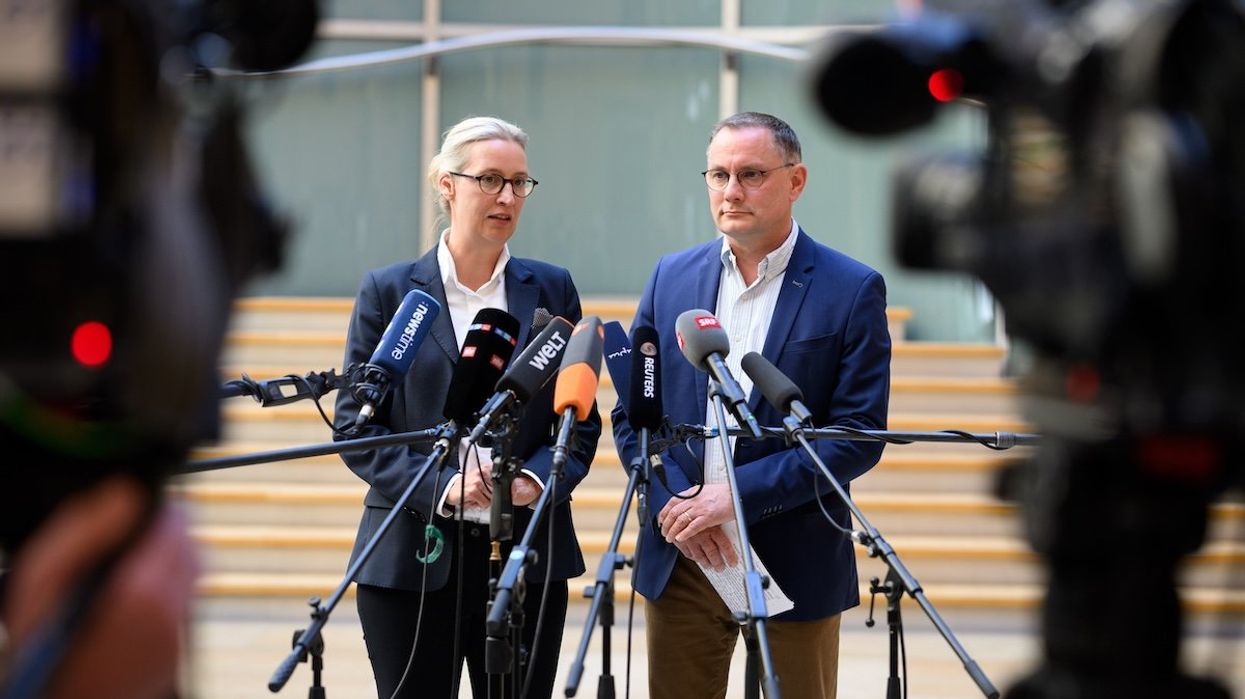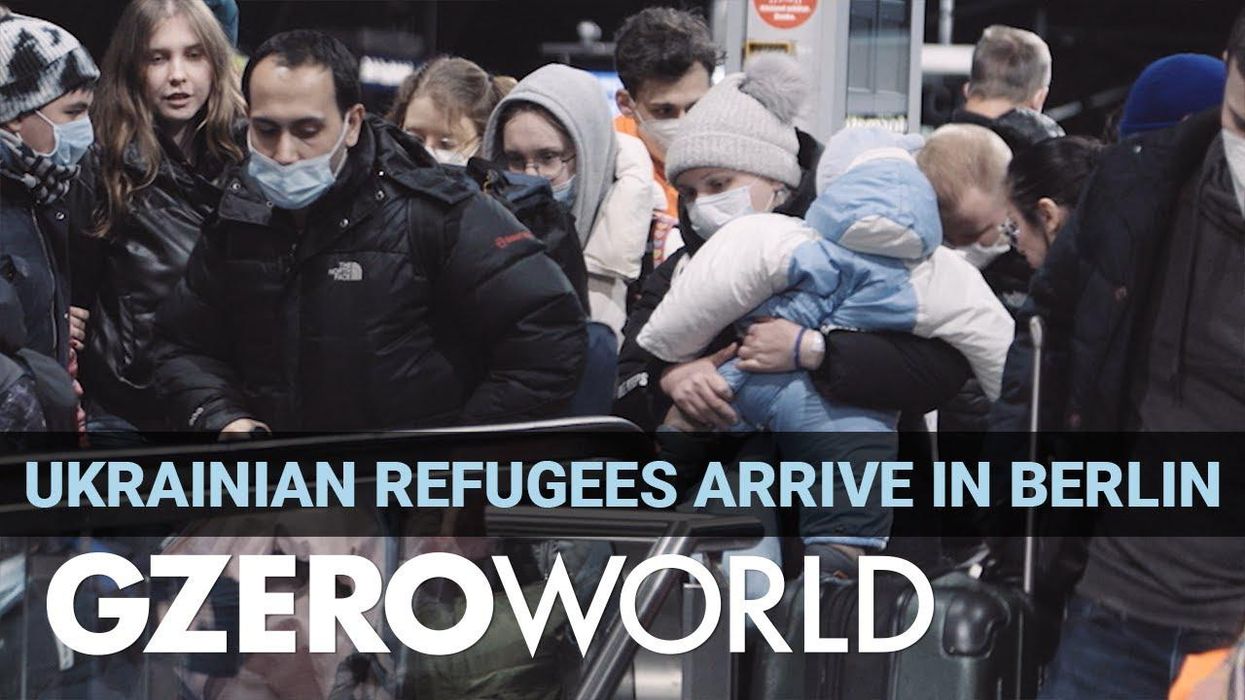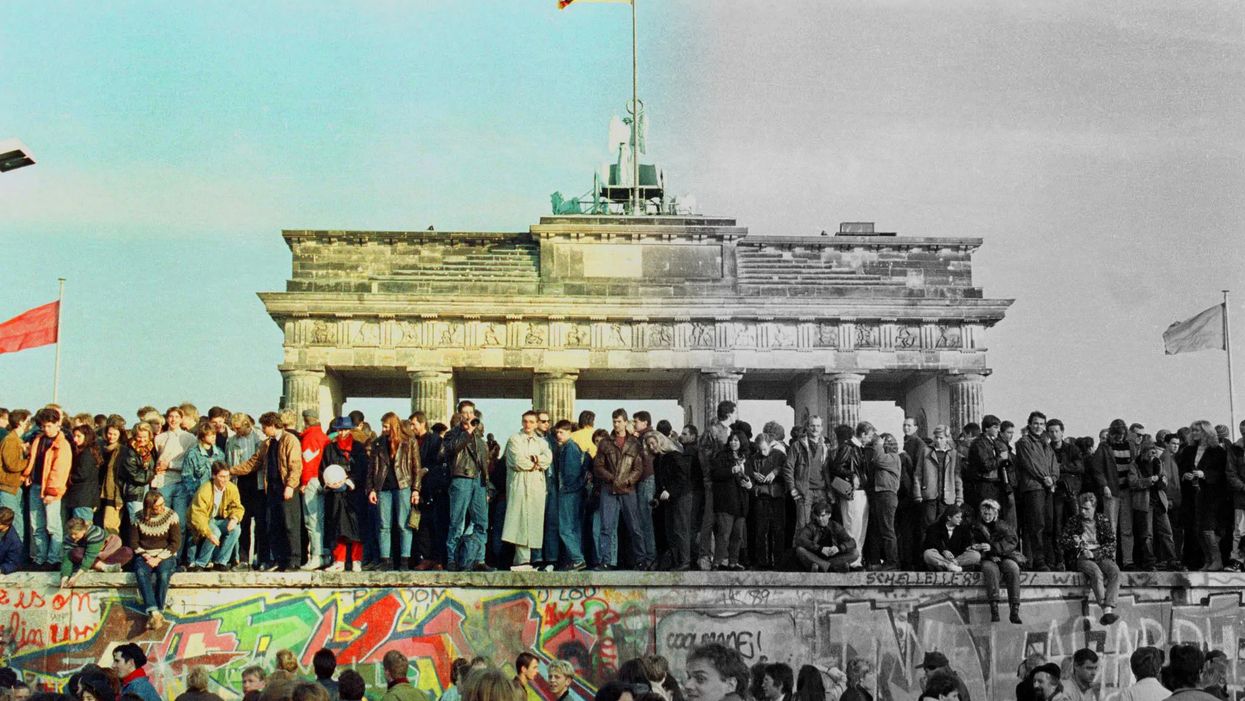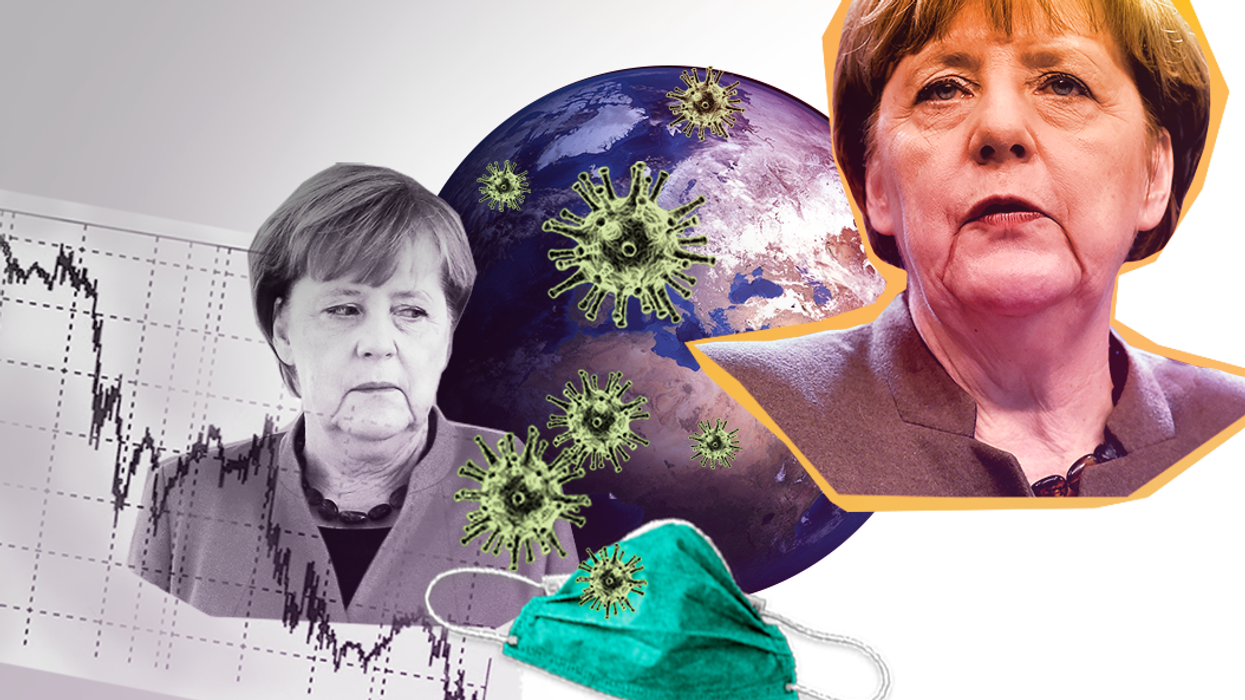What We're Watching
Court ruling: “Germany can spy on the AfD”
A German court ruled Monday that the country’s domestic intelligence agency, BfV, was correct to designate the Alternative for Germany, aka AfD, one of the country’s most popular political parties, as a suspected extremist group, making state surveillance of its activities legal.
May 13, 2024




